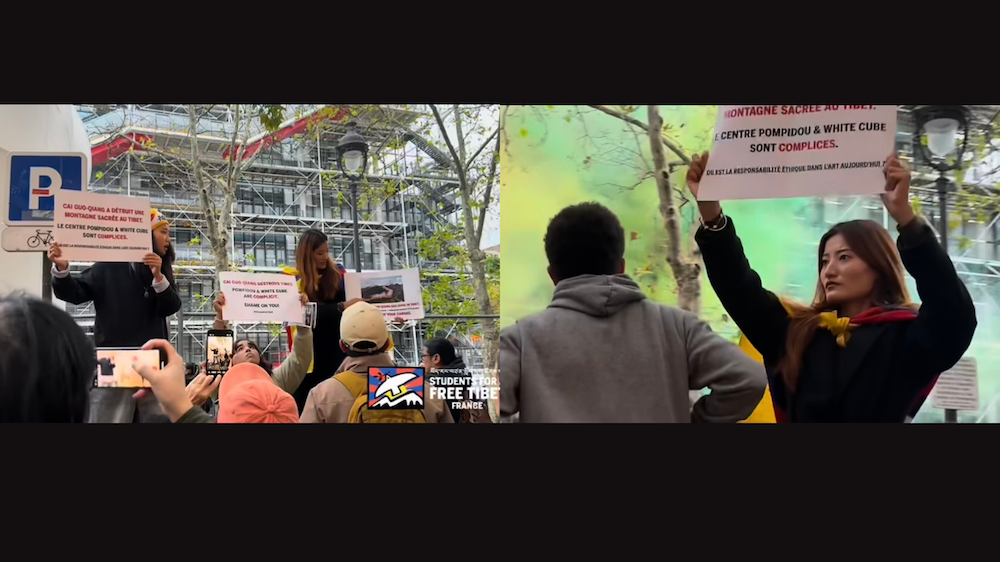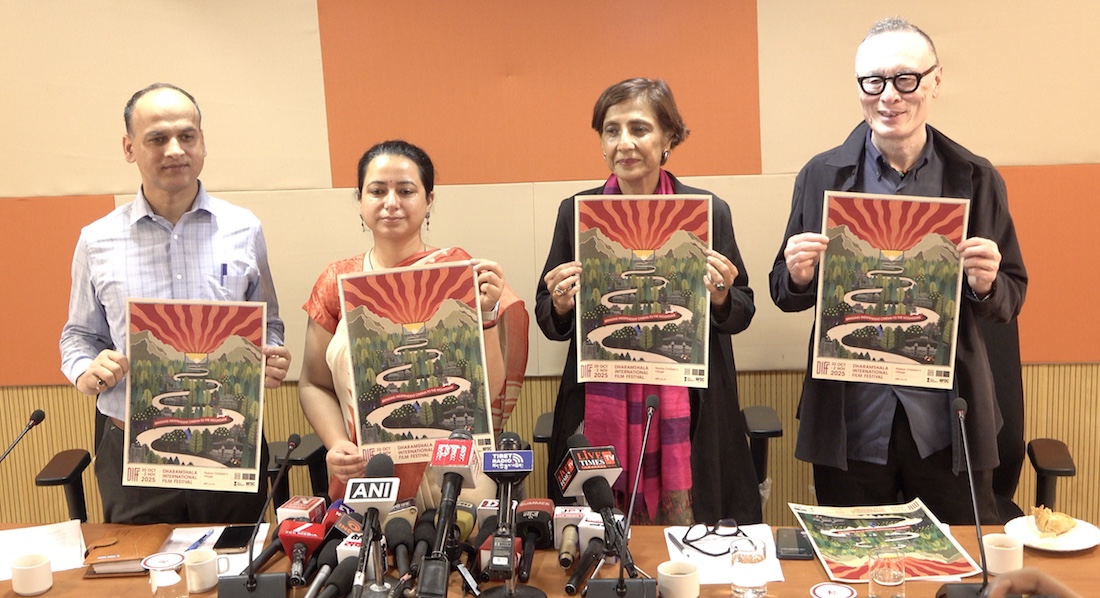By Phurbu Thinley
Dharamsala, March 27: China’s controversial decision to observe the “Serf Emancipation Day” on Saturday is further aggravating the already “unbearable conditions” for Tibetans in Tibet, according to Tibet’s Government in exile.
 “China’s decision to observe tomorrow as the so-called Serf Emancipation Day is aggravating problems in Tibet,” the Kashag (Cabinet) of the Central Tibetan Administration (CTA) said in a press statement.
“China’s decision to observe tomorrow as the so-called Serf Emancipation Day is aggravating problems in Tibet,” the Kashag (Cabinet) of the Central Tibetan Administration (CTA) said in a press statement.
“Tibetans consider this observance offensive and provocative,” Kesang Y. Takla, Minister for the Department of Information and International Relations of the CTA, said reading out the Cabinet’s statement at a press conference here today.
Reacting to a media query, Takla said the move was a “massive propaganda” by the Chinese government to “hide its ongoing repression” in Tibet. She said the provocative move was aimed at “destabilising and creating chaos in Tibet by a few individuals with overriding self-interest.”
“If the Tibetans, losing their patience, took to the streets in protest, the Chinese leaders will have the excuse to use even more brutal force to crackdown, she said.
Beijing sent military troops to occupy Tibet in late 1949. Tibetan Government-in-exile says over 1.2 million Tibetans died and more than 6,000 monasteries were razed to the ground as a direct result of Chinese communist rule over the years.
China contends that old Tibet was feudal and repressive and claims that its military occupation of the Himalayan region has “liberated’ Tibetans.
“This is a blatant distortion of the nature of Tibet’s old society,” Takla remarked.
“In the early mid-20th century, there was no big gap between the peasants in Tibet and China. Moreover, the Tibetan peasants enjoyed more freedom and better living conditions.”
Takla said that total number of prisoners in the whole of Tibet before 1959 hardly crossed hundred. “After the so-called liberation and emancipation of the Tibetan ‘serfs’, prisons have come up in every part of Tibet. In Lhasa alone, there are 5 major prisons with a total prison population between 3,500 – 4, 000,” she said.
“Today, it is hard to come across a Tibetan family that has not had at least one member imprisoned or killed by the Chinese regime,” she said.
Takla argued that the best judge of whether there had been “liberation” in Tibet was the Tibetan people.
Referring to hundreds of Tibetans who continue to escape Tibet each year to seek better lives in exile, Takla said “they vote with their feet and lives by crossing the Himalayas to seek freedom and happiness outside of their liberated Tibet.”
“They also sacrifice their lives to inform the world of the terrible conditions prevailing in Tibet.”
“If the ‘serfs” are happy with their ‘emancipation,’ why are they risking lives and limbs to protest Chinese rule in Tibet,” Takla said.
Takla maintained that widespread anti-China unrest last year and the ongoing sporadic protests against Chinese rule in different Tibetan areas despite heavy military clampdown had clearly demonstrated “true Tibetan attitude” to what China has done in Tibet.
“This year, Tibetans did not celebrate the Tibetan New Year to mourn those killed in last year’s crackdown on the widespread protests that erupted throughout Tibet,” she said.
Takla said March 28 would instead be a day of mourning for Tibetans throughout the world and especially those in Tibet. “This day will be observed as the day when the Tibetans as a people lost all vestiges of their basic individual and collective freedoms,” She said.









